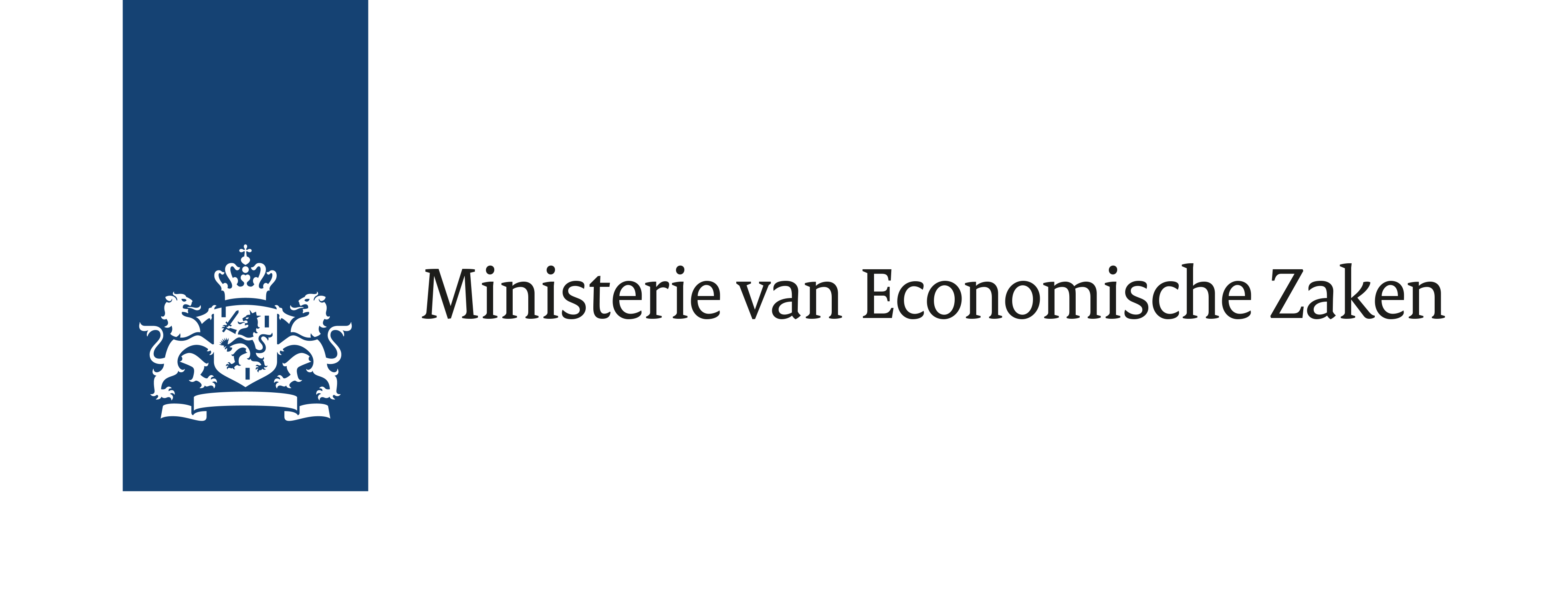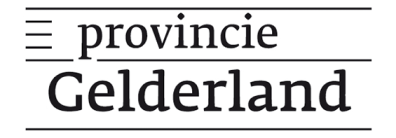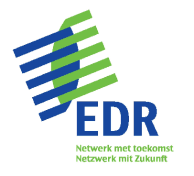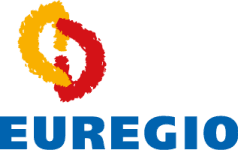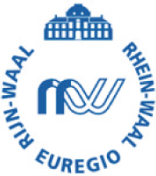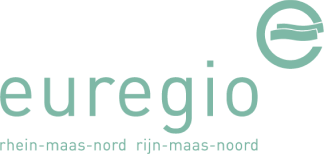Central aim: Adopting cross-border expertise, we will develop and implement a telemonitoring platform (to facilitate
exercise in the home-based environment) and expert centre to improve postoperative care of surgical treatment for atrial
fibrillation, leading to reduced disease burden for patients, lower healthcare costs, and decreased workload for
healthcare providers.
Rationale: Atrial fibrillation is the most common arrhythmia, present in 6% of the population in Western countries. The
presence of atrial fibrillation significantly increases the risk of diseases (heart failure, stroke, dementia) and reduces the
quality of life, making a substantial impact on the patient, healthcare costs, and society. Current care for atrial fibrillation
heavily focuses on ablation, a surgical procedure to restore rhythm. In the Euregio Rijn-Waal region, 1,500 patients
receive this intervention annually. Unfortunately, within 1 year, atrial fibrillation recurs in 25-50% of these patients. This
necessitates new, effective ways to reduce symptoms associated with atrial fibrillation.
This project combines cross-border experience around ablation (EVK Düsseldorf, Median AGZ Düsseldorf), exercise
(Radboudumc), and telemedicine (Rijnstate), leading to: 1. the implementation of a telemedicine platform after ablation,
and 2. an expertise center for atrial fibrillation. Recently, we found that exercise reduces the likelihood of premature
death and diseases in patients with atrial fibrillation. In current healthcare, exercise plays only a limited role for patients
with atrial fibrillation. Therefore, we want to collectively implement exercise in the home setting. This project shares
cross-border knowledge, experience, and expertise, leading to a telemedicine platform focused on exercise (in the home
setting) and an expertise center for atrial fibrillation. This results in: 1. Reduced disease burden, 2. Fewer complications,
3. Cost savings, and 4. Reduced workload for healthcare personnel.
BEAT THE RHYTHM
Project information
Planned project costs
€ 717.398,49
Priority
Work together for a connected border area
Project duration
01.06.2024
-
31.05.2027
Lead partner
Radboud universitair medisch centrum / Radboudumc
Project partners
Evangelisches Krankenhaus Düsseldorf
MEDIAN AGZ DÜSSELDORF
Rijnstate
Project financing
EFRE / EFRO
€ 302.806,99
MWIKE NRW
€ 64.887,20
Provincie Gelderland
€ 64.887,20
Evangelisches Krankenhaus Düsseldorf
€ 125.615,99
Radboud universitair medisch centrum / Radboudumc
€ 159.201,11
Do you have a project idea or a specific question about the Interreg program Germany-Netherlands?
We are happy to help you! We are also open to suggestions!
Socials
We in social media

